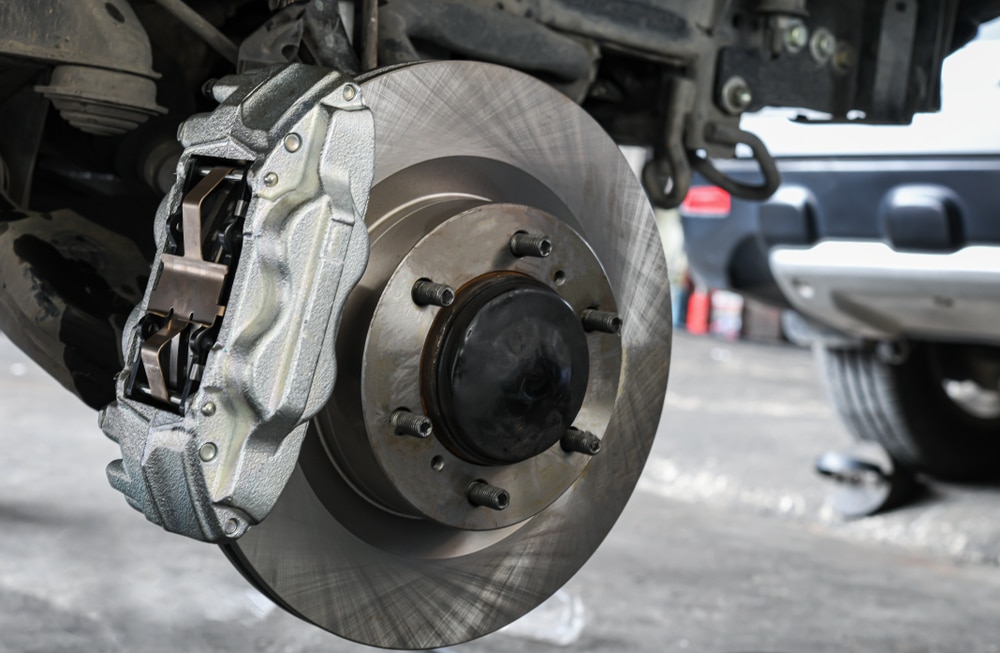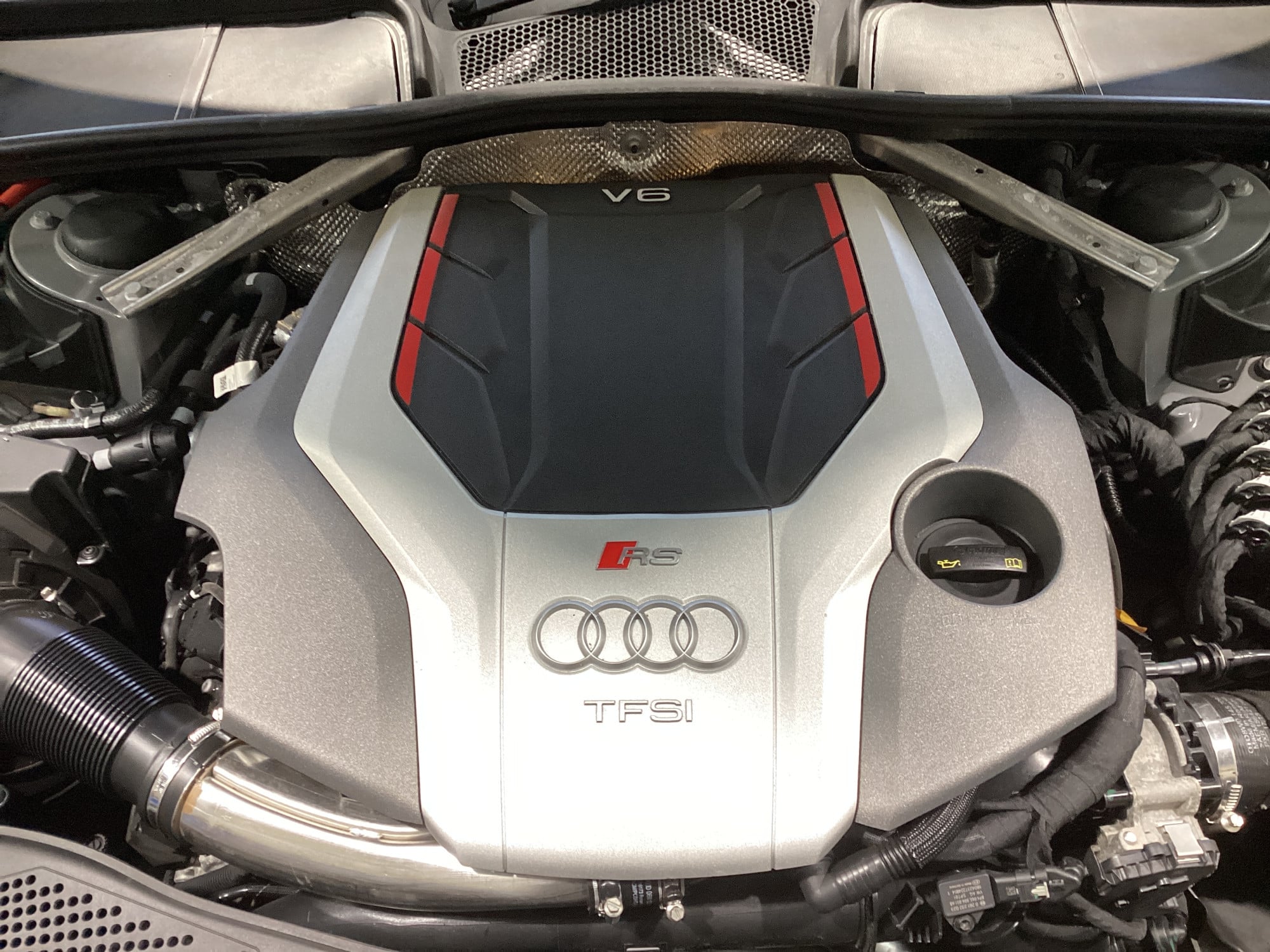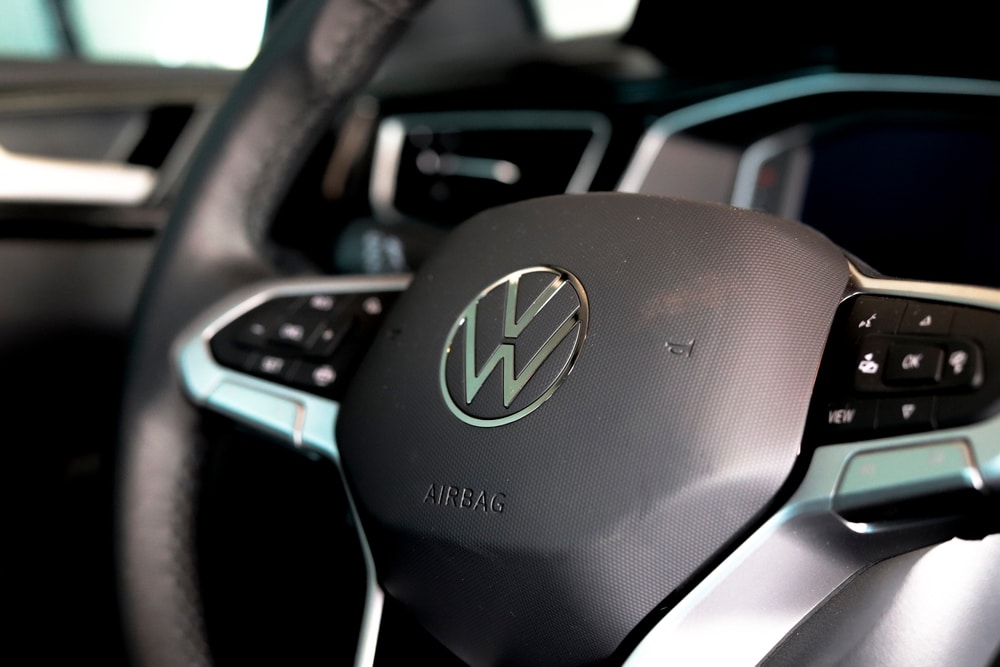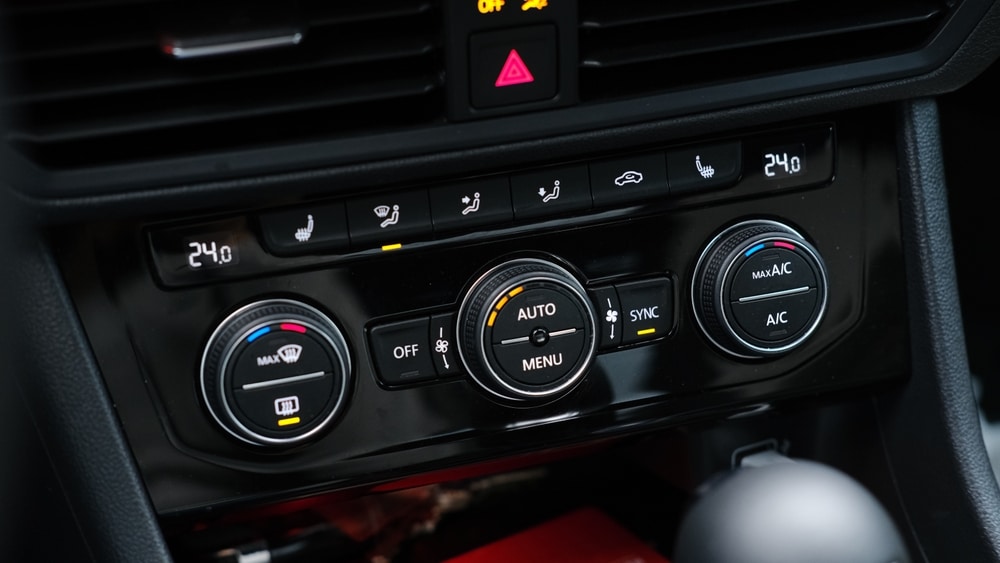Brake Discs
Your brake discs are doing their job every time you slow down – but you won’t always notice when they start to fail. The signs creep in gradually at first, until one day your stopping distance feels longer, or the pedal just doesn’t respond like it used to. And by that point, the damage may already be done.
At Quality Car Service in Milton Keynes, we’ve replaced brake discs and pads for many drivers across the area. Our technicians know exactly how to spot the early signs of disc wear – and more importantly, how to prevent a small issue from becoming a safety risk.
We’re proud to have a {{average-rating}} star Google rating from {{review-count}} satisfied customers in Milton Keynes. It’s proof that local drivers trust us to keep their braking systems performing at their best.
Let’s take a closer look at what brake discs actually do – and what happens when they start to go wrong.
What Your Brake Discs Actually Do – and Why They Matter
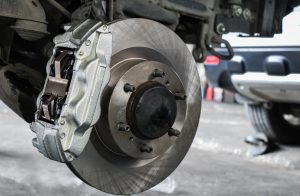
Every time you press the brake pedal, you trigger a chain reaction that relies on your brake discs doing their job properly. These solid metal discs, typically made from cast iron, are securely mounted to the wheel hub and rotate with the wheels. Many modern vehicles have them fitted on all four wheels, positioned just behind the alloy or steel spokes.
As you brake, hydraulic pressure pushes the pads firmly against the spinning discs. This creates friction, which converts kinetic energy into heat, slowing the vehicle down in a controlled, predictable way. Because the heat produced builds up quickly, brake discs are engineered to cool rapidly and maintain consistent performance. Brake discs have largely replaced the older drum-style braking systems, especially on the front axle, due to their superior ability to cope with repeated or high-speed braking.
At Quality Car Service in Milton Keynes, we carry out detailed inspections of both front and rear brake discs during servicing. It’s not just about thickness – we also check for wear patterns, surface cracks, discolouration, and signs of overheating.
If the disc surface becomes uneven or too thin, you may notice reduced braking power, vibrations through the pedal, or longer stopping distances. That’s why regular checks are so important – the discs might look fine from the outside, but the damage is often hidden until braking performance starts to suffer.
Understanding the Different Types of Brake Discs
Not all brake discs are built the same, and that’s intentional. Each vehicle requires a specific type based on weight, braking demands, and performance needs. At Quality Car Service in Milton Keynes, we always check both front and rear brake discs (where fitted) to ensure they match the original specification for your make and model.
Solid discs are made from a single piece of cast iron and are often fitted to the rear wheels, where braking forces are typically lower. Vented discs, on the other hand, are designed with internal air channels between the two disc faces. These vanes help pull cooling air through the disc as it spins, allowing heat to dissipate more efficiently, especially useful on the front wheels, which handle the bulk of braking due to weight transfer.
While many vehicles use brake discs made from cast iron, some high-performance models feature advanced materials such as ceramic or carbon fibre composites. These options are chosen for their ability to handle much higher temperatures while reducing overall weight.
Some discs are also designed with drilled holes or slotted grooves across the surface. These features help shed heat and gases, maintain bite in wet conditions, and reduce brake fade.
Whatever the setup, we never compromise on fitment. At Quality Car Service, our technicians always use manufacturer-approved components and follow correct procedures to ensure every disc fitted delivers the safety and performance your vehicle was designed for.
What Causes Brake Discs to Wear Out Faster Than Expected
Brake discs are engineered to take on immense pressure and heat, but they don’t last forever. Over time, and depending on how and where you drive, they gradually wear down. In some cases, wear accelerates, leading to early failure, uneven performance, or safety-critical issues. Here are some of the key reasons why that can happen:
Excessive heat
When brakes are used repeatedly in quick succession, like in stop-start traffic or on downhill roads, the discs can overheat. If temperatures were to climb beyond 650°C, the cast iron structure would begin to change. This reduces its ability to shed heat effectively and increases the chance of warping or surface cracks.
Driving style
Late braking, hard stops, and riding the brakes on long descents all generate more friction than necessary. Over time, this adds stress to the disc surface, reducing lifespan and increasing the likelihood of vibration or uneven wear.
Incorrect bedding-in of new pads
Brand-new pads need time to settle. If they’re used too aggressively in the first few hundred miles, they can leave uneven deposits of friction material across the disc surface. This leads to disc thickness variation and a rough braking feel. We recommend gentle driving during the bedding-in period, with plenty of time between stops for the discs to cool.
Sticking brake callipers
If a calliper doesn’t release fully, the pad may remain in contact with the disc even when you’re not braking. That constant drag creates unwanted heat and accelerates both pad and disc wear.
Rust or debris on the hub face
Even a thin layer of corrosion or dirt can prevent the disc from sitting perfectly flush during fitting. This slight misalignment causes uneven contact with the pads, leading to premature wear and potential vibration.
Incorrect fitting
If wheel bolts aren’t torqued to spec – whether overtightened or unevenly fastened – the disc can become distorted during installation. That damage may not be visible straight away, but it often shows up as reduced braking smoothness within weeks. At Quality Car Service in Milton Keynes, we always use calibrated torque wrenches and follow manufacturer guidelines when fitting brake discs, so you can be confident in the quality of every installation.
Low-quality parts
We never cut corners with safety-critical components. Discs that don’t meet OEM specifications are more prone to heat damage and wear. At Quality Car Service, we only fit parts that match your vehicle’s exact requirements.
If you’ve noticed a change in braking behaviour, or if your discs haven’t been checked recently, it may be time for an inspection. Our Milton Keynes team will assess everything in detail and let you know exactly where things stand.
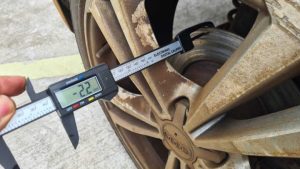
The Warning Signs That Point to Worn Brake Discs
Brake disc problems don’t always show up straight away – but once the symptoms appear, it’s important to take them seriously. At Quality Car Service in Milton Keynes, we regularly inspect vehicles where the signs have been missed or ignored, only for the braking performance to suffer later.
Vibration or pulsing when braking
If your steering wheel shakes or you feel an uneven sensation through the brake pedal, particularly when slowing from higher speeds, it could be due to a warped brake disc or uneven wear across its surface.
Screeching, squealing, or grinding noises
A high-pitched screech may suggest the disc face has become rough or scored, especially if it started after new pads were fitted. A grinding sound is usually more serious and can indicate advanced wear or heat-related damage.
Visible damage through the wheel
If you look between the spokes of your wheel and notice surface cracks, uneven colouring, or heat marks (often bluish in tone), it’s likely your discs have been exposed to excessive stress and need urgent inspection.
Burning smell after braking
An acrid, chemical-like smell after braking, particularly in stop-start traffic or after a long descent, can point to a sticking calliper. This keeps the pad pressed against the disc, generating excess heat and wear.
At Quality Car Service, we check for all of these warning signs during a full brake assessment. If something doesn’t feel quite right when you brake, don’t put off getting it looked at. Catching disc issues early is the best way to prevent further damage to your pads, callipers, or brake fluid system.
Want to know how it all works together? Explore our blogs on Brake Pads and Braking System Explained for more.
Why Delaying a Brake Disc Replacement Can Be Risky
Brake disc problems tend to escalate over time, and delaying a replacement can quickly turn a manageable fault into a much bigger concern. What starts as a minor vibration or occasional sound can soon undermine the entire braking system.
Reduced braking performance
If the discs are too thin or can’t release heat properly, brake fade becomes a serious risk. That’s when the pedal might feel normal, but the car doesn’t slow as expected, which is especially dangerous during emergency stops or on fast roads.
Damage that can’t be undone
Brake discs that are exposed to high temperatures or mechanical stress can warp or crack. Once that happens, there’s no repairing them – they must be replaced entirely to restore safe performance.
Shaking and vibration through the vehicle
A misshapen disc creates uneven pressure between the pad and disc surface. This imbalance often shows up as vibration through the pedal or steering wheel, especially when braking at speed or downhill.
Boiling brake fluid
Excessive heat from the discs can raise the temperature across the entire braking system, including the fluid itself. Brake fluid is designed to be incompressible, so it transfers pressure directly to the brakes. But when it boils and turns into vapour, those vapour bubbles can compress, which means the pressure from your foot doesn’t transfer properly. The result is a soft or sinking brake pedal and a sudden loss of braking power, which can be extremely dangerous in any situation.
Extra strain on the braking system
If new pads are installed onto damaged discs, both components will wear down faster. You may also increase stress on the callipers, leading to a larger and more expensive repair down the line.
At Quality Car Service in Milton Keynes, we take any signs of brake disc damage seriously. It’s not just about eliminating noise or vibration – it’s about keeping your brakes working exactly as they should, every time you need them.
Book a Brake Disc Check at Quality Car Service in Milton Keynes
If your brakes have started to feel different, whether that’s a change in response, an unusual noise, or a burning smell, don’t wait for the problem to get worse. Once the signs are there, they can escalate quickly.
At Quality Car Service in Milton Keynes, we carry out full inspections of your front and rear brake discs and pads. We check disc thickness, surface condition, and heat-related wear, comparing everything against manufacturer tolerances. Whether you need a single disc replaced or a full set of brake discs and pads, we’ll make sure the work is carried out safely, correctly, and to spec.
We’re trusted by drivers across Milton Keynes for reliable, high-quality brake repairs. Our technicians never cut corners, and every job is backed by a 12-month parts and labour guarantee. Plus, if you need to stay mobile while we work, we’ve got you covered with a free courtesy car.
We have a {{average-rating}} star Google rating from {{review-count}} satisfied customers – proof that local drivers trust us with their safety.
📞 Call us on 01908 376555 to book your brake disc check today.
